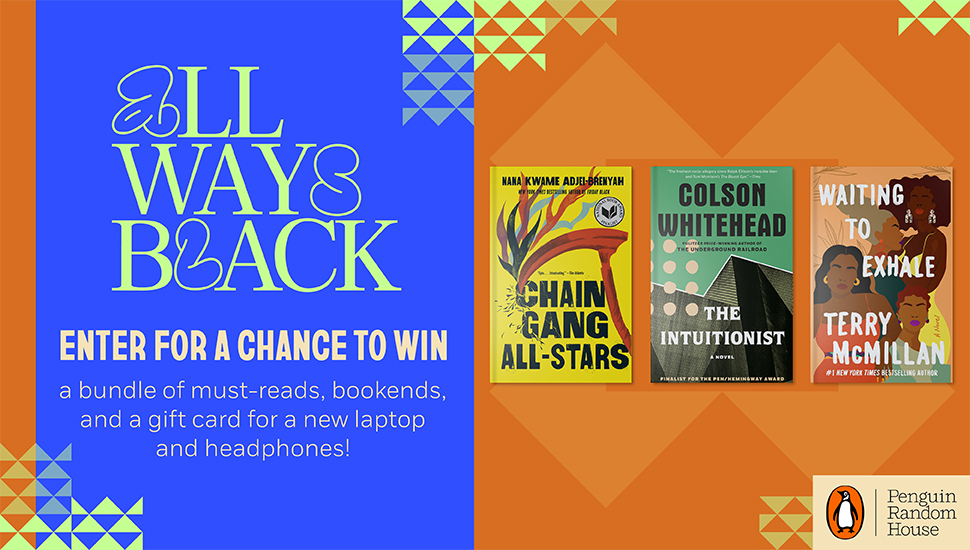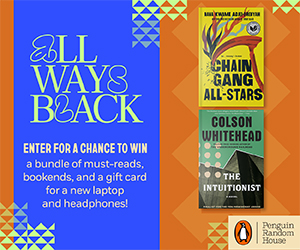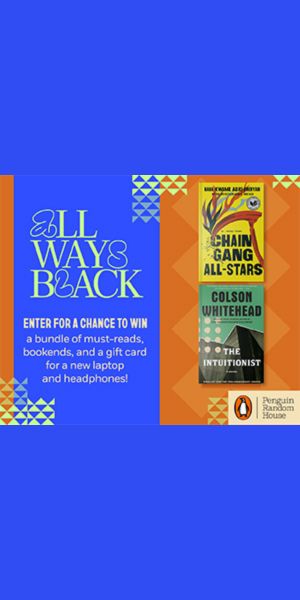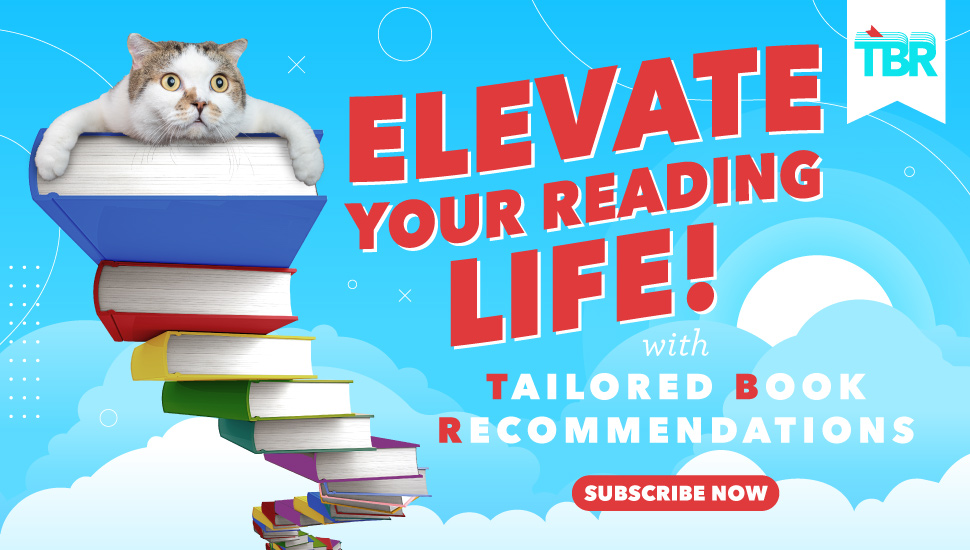
The Hollow Woman: Female Characters in Science Fiction
Recently, I DNFed a book. This is actually a fairly rare occurrence for me, because often I’ll have the vindictive part of my brain flip into overdrive and just hate read a book that has offended me. I won’t let you beat me, book. Grrrr. (This is becoming less common as I age, though, maybe because I’m starting to realize that my time on Earth is limited and I should save it for books that don’t make me want to bite things.)
But this book? I’d been excited about reading it. I’d even heard good things about it, particularly with regards to how it had a super kick-ass female character in a space opera universe. I am weak to super kick-ass female characters, and even more weak when there’s space opera to be had.
As you may guess, I was seriously disappointed. Initially, the female character just… didn’t do much. But it would get better, I was assured. Things just start slow. Then I got to a chapter that was told from the female character’s point of view, and I thought, Yeah! Time to get some juicy internal monologue and backstory.
Well, I got two lines of information about the female character, after which she dismisses her own history as uninteresting. Then she spent the rest of the chapter telling us, in detail, about the backstories of the two male characters and their interaction. Both of whom had already been crowding her out.
And that was when I shut the book, tossed it over my shoulder, and moved on.
Most sci-fi these days is written in third-person limited view, which has its uses. It lets you feel more intimately connected with the viewpoint character without going full first-person-present-tense, which I know some readers really don’t like. It lets you play little plot tension games with who knows what information. These are all fun things, because it makes the interior life of the character a strong part of the story.
The problem is, some writers (mostly cis men, I am both sorry and unsurprised to report) seem to have a difficult time coming up with a rich interior life to give their female characters when they’re writing in this mode.
Look, unless your male characters literally never get a chapter to themselves so they can have a moment of deep thought about their tortured relationship with their dad, your female characters have better things to do then tell us about the mens. Trust me on this one. If a POV character’s main function is to tell us all about everyone else–and I don’t even mean emotional pining over someone else, because that’s still I am having feelings about this other person–and sort of waving a vague hand at how personally uninteresting they are? They’re not a POV character. They’re an empty shell.
As a reader, I’m not putting up with that any more. I promise, writers who do not happen to be women, that it’s really not that hard to make your female characters actual characters rather than hollow storehouses for information about the male characters. All you have to do is give them just as much backstory.
To make myself feel better about the book I tossed, here’s three space opera books with titles that start with “B”–“B”-cause this isn’t that hard, guys–that have kick-ass female characters who have so much internal life they’re going to grab you by the ears and smoosh your face into the book:
Barrayar by Lois McMaster Bujold: See Cordelia. See Cordelia navigate an entirely new culture while holding onto her own strong, unique personality. See Cordelia get thrown in the middle of a civil war. See Cordelia having had just about enough of this nonsense.
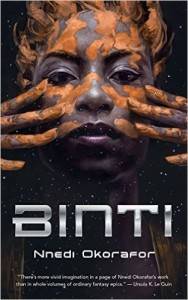 Binti by Nnedi Okorafor: Binti is utterly brilliant and utterly determined, the first of her people to leave home and travel to Oomza University, out in the greater galaxy. Then the sentient alien jellyfish attack, and Binti must apply her brilliant mind to her own survival – and ending a war.
Binti by Nnedi Okorafor: Binti is utterly brilliant and utterly determined, the first of her people to leave home and travel to Oomza University, out in the greater galaxy. Then the sentient alien jellyfish attack, and Binti must apply her brilliant mind to her own survival – and ending a war.
Bloodline by Claudia Gray: You can’t have space opera without some Star Wars, right? Leia is as strong and crafty and full of life as a reader could want, and if you were wondering how she became General Organa, here you go.
